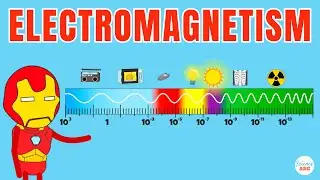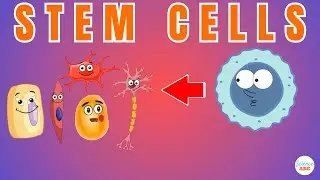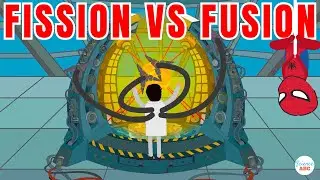Particle accelerators: What are they, how do they work and why are they important to us?
A particle accelerator is a machine that accelerates particles. More specifically, it accelerates elementary particles, like protons and electrons, at extremely high speeds—almost 99.99% of the speed of light. These particles are then smashed against a stationary target or against other particles traveling in the opposite direction. These collisions produce massive particles, such as the top quark or the Higgs boson, which last for only a fraction of a second. Then, almost immediately, these particles convert into smaller, lighter particles, which, in turn, decay almost instantly. These collisions not only help us understand the composition of the elementary particles in question but also supplement our knowledge of our universe’s origin immediately following the Big Bang.
Particle accelerators can be broadly classified into two categories—linear accelerators (also called LINACs) and circular accelerators. In this video, we discuss linear and circular accelerators and their respective applications.
#particleaccelerator #particle #physics
References:
http://energy.gov/articles/how-partic...
https://home.cern/science/accelerator...
Original Article Link: https://www.scienceabc.com/pure-scien...
If you wish to buy/license this video, please write to us at [email protected].
Voice Over Artist: John Staughton ( https://www.fiverr.com/jswildwood )
SUBSCRIBE to get more such science videos!
/ @scienceabc
Follow us on Twitter!
/ abc_science
Follow us on Facebook!
/ sciabc
Follow our Website!
https://www.scienceabc.com































